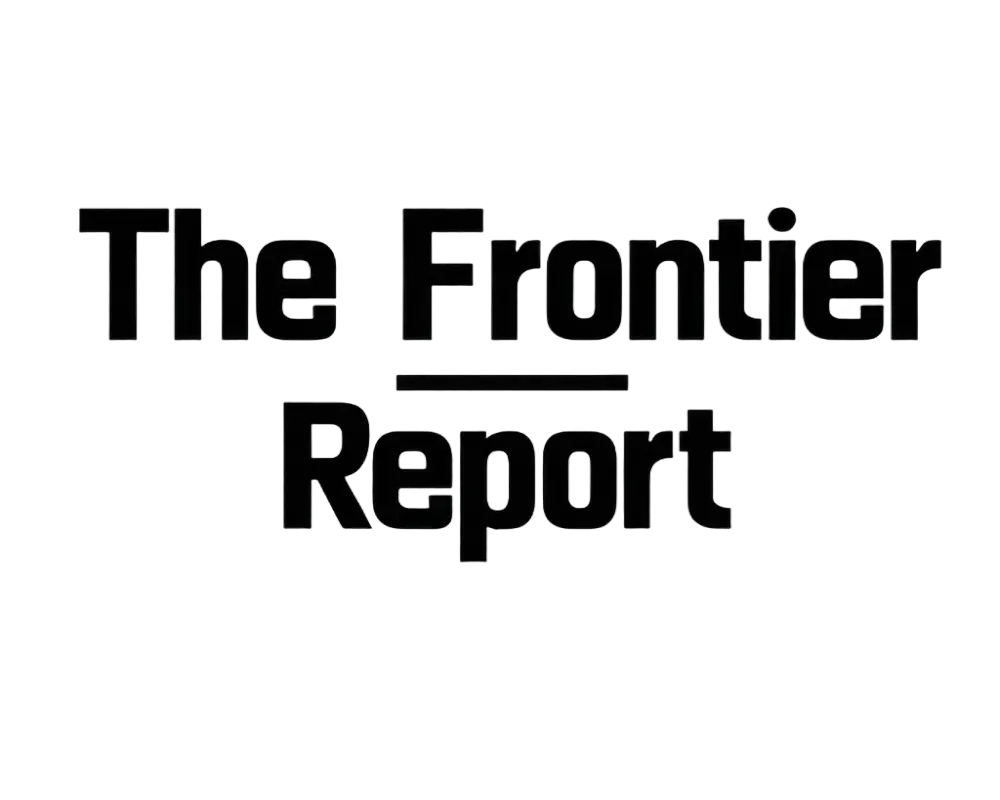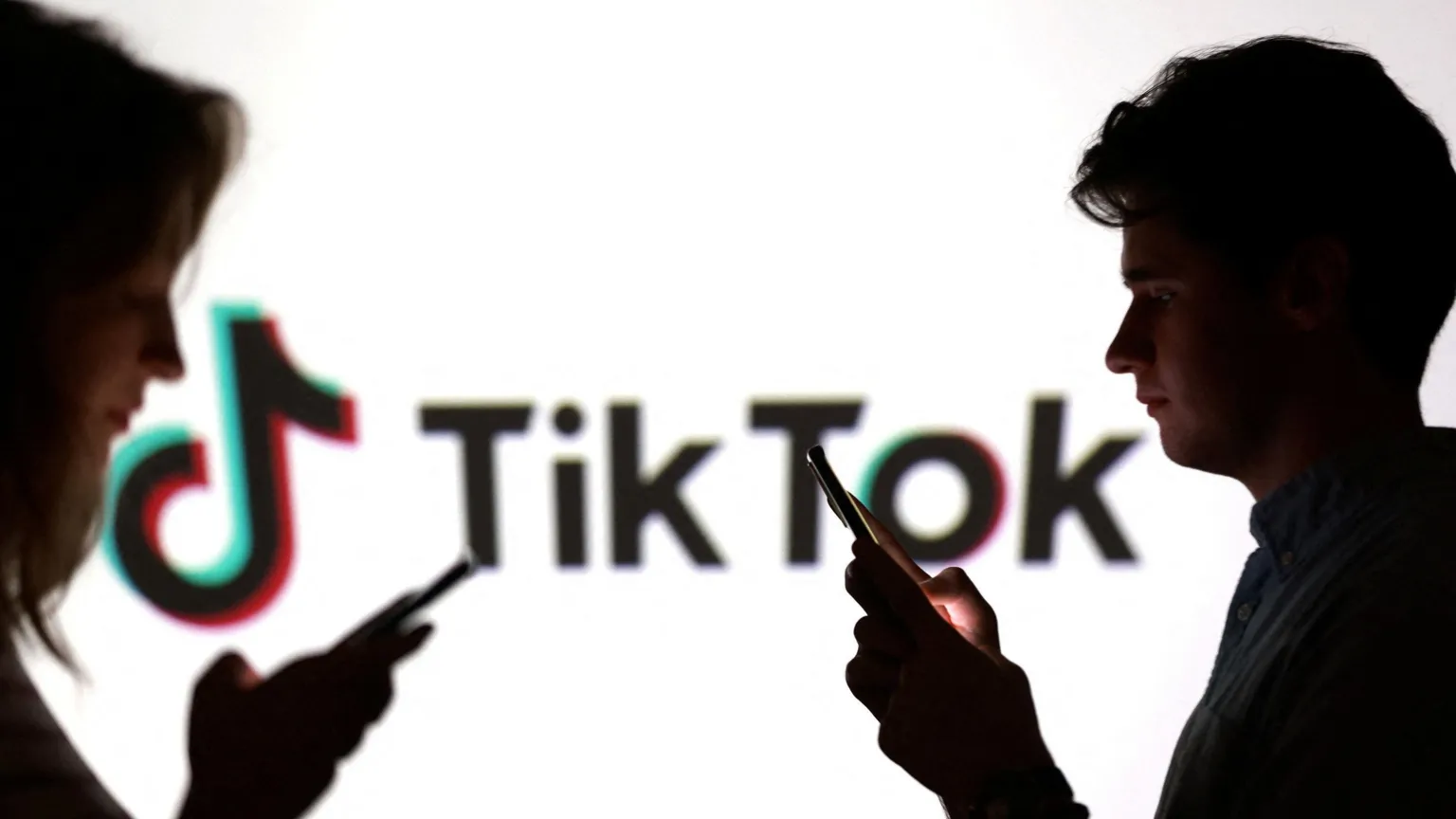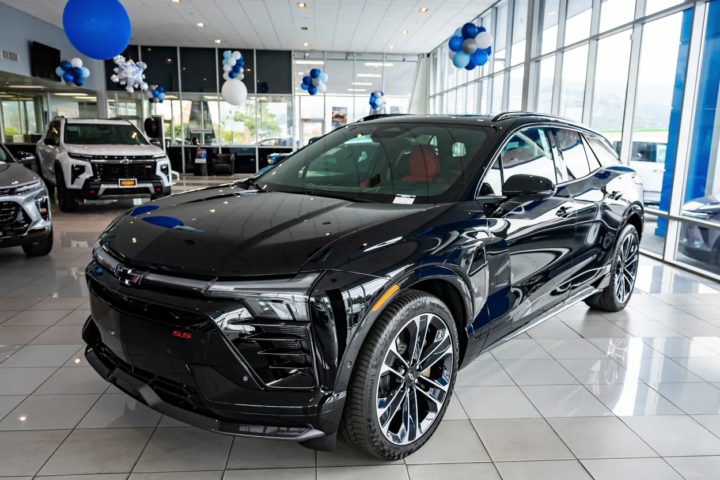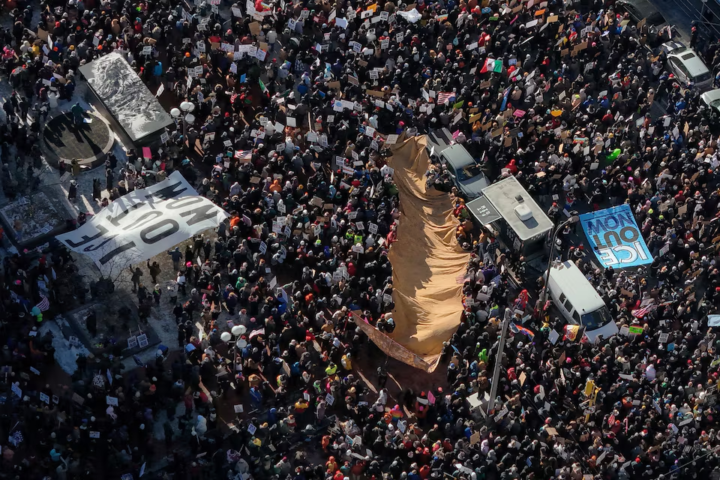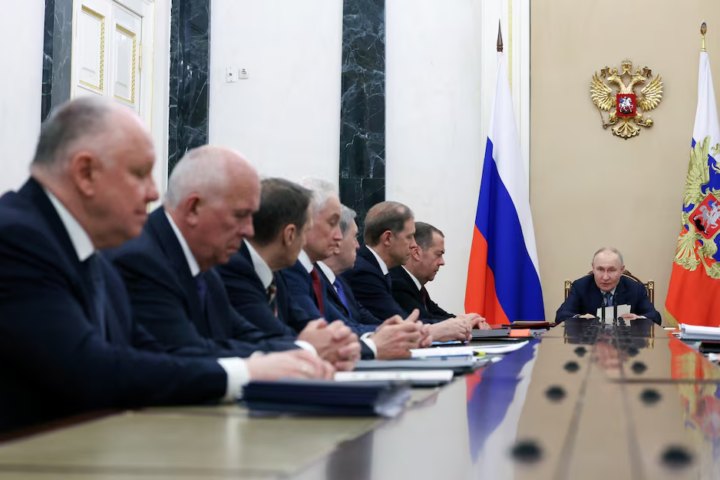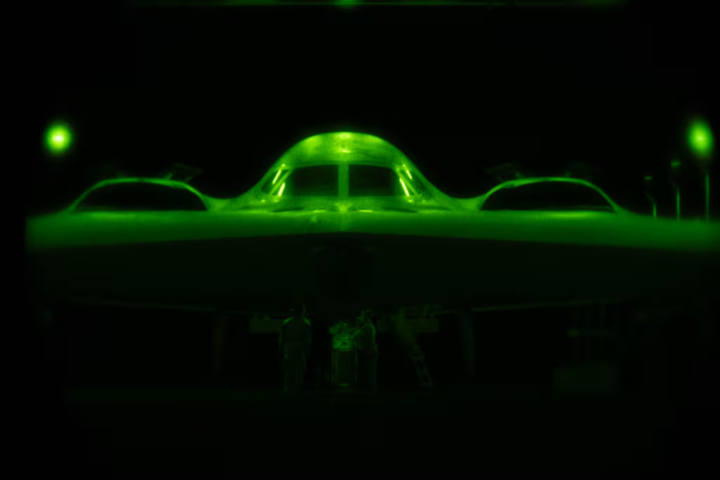A Fragile Compromise Reached in Madrid
The United States, China reached a basic deal so people can still use TikTok in America. This avoids a possible shutdown that would have stopped many millions from accessing the app. News came after important talks in Madrid, with people from the U.S. Scott Bessent, the Treasury Secretary, said negotiators agreed to a basic plan after difficult discussions lasting many months.
The deal centers on finding a way to protect U.S. security interests while letting TikTok keep elements important to its identity in China. Officials state the agreement covers three key things: keeping data safe, watching over how TikTok’s recommendations work, deciding who owns the company. The full plan isn’t available yet. U.S. companies might control how data from American TikTok users is handled. They could also become part owners of the service, however ByteDance, the company that owns TikTok, will likely still have some ownership, just less than before.
When this happens matters a lot. A new law, the Protecting Americans from Foreign Adversary Controlled Applications Act, threatened to prohibit TikTok in the U.S. TikTok needed to disconnect from its Chinese ownership by September 17, 2025, to continue operating. The deal gives everyone extra time, meaning a complete stop to operations seems less likely. The agreement is still uncertain, even though the legal deadline is almost here. Donald Trump, the United States president, will talk with Xi Jinping, the president of China, on Friday. They plan to complete the deal, showing how important it is politically.
Ownership, Algorithms, and Security at the Forefront
We’ve made headway, yet core issues still need solutions. A big disagreement centers on who manages the system TikTok uses to show you videos, a hidden tool driving its widespread appeal. American leaders believe the company ByteDance having control over how information appears creates a safety issue. This control could allow them to change what people see or influence opinions. Certain politicians believe the agreement won’t follow the rules of PAFACA unless the U.S. government checks the system’s code.
Dealing with information people provide presents a problem. Washington wants a guarantee that the Chinese government will not look at or misuse information from American people. Companies in the U.S., or groups the government allows, might handle data storage within the country. They could do this using cloud services, much like a previous idea with Oracle.
The way things are owned is still not clear. Information indicates ByteDance might lower its ownership to less than 20 percent, however, they haven’t announced who will buy it or if a U.S. group is involved. Several big tech companies, like Oracle, might manage things, but details are still changing.
Right now, Beijing doesn’t want to lose complete ownership of TikTok’s creative content. Chinese leaders want ByteDance to keep influencing what TikTok is like worldwide, showing they expect the app to stay true to its origins. Trying to satisfy American politicians, yet also safeguard what Chinese businesses, the government want, shows exactly why completing this agreement is proving difficult.
The law makes this even more pressing. The U.S. began a new program in the spring to help people pay for childcare. States can use money from a previous program to fund this effort, offering families assistance with costs. Officials expect this will benefit many working parents, allowing them to return to jobs or work more hours. The government hopes this change supports the economy, gives children quality care, then encourages workforce participation. The highest court supported the law about data privacy, specifically in the TikTok case. Garland stated the government can limit apps controlled by overseas opponents. The decision gave TikTok two choices: follow American rules or be banned.

Political Stakes and Global Implications
Talks about TikTok affect much more than just the app. Washington believes this situation involves greater issues than just short videos gaining attention online. American government leaders see TikTok as a possible way for China to exert control, watch people, so it’s a key situation for deciding how the nation deals with technology from competing countries. If this system works well, it might serve as a model for controlling other apps or platforms owned by people outside the country.
TikTok provides financial benefits to Beijing, it also showcases the country’s influence. Letting the U.S. make all the rules might appear to people at home as giving up control of our own country. TikTok’s development, its ability to make money, would suffer if people in the United States could no longer use the app. The US is its second biggest market worldwide. Reaching an agreement supports our financial goals, it also helps with political ones.
Within the country, the next president after Biden receives calls for action from both Democrats, Republicans. Some lawmakers are worried a deal that lets ByteDance keep a lot of control won’t achieve what the law wants. People will examine the plan carefully when they have all the information. What people think matters a lot, because many U.S. creators, businesses use TikTok to earn money, get noticed.
Worldwide, the deal shows tech disagreements now connect with international business, government talks. Linking discussions about TikTok to wider trade conversations between the U.S. , China shows both nations view these apps as important for national interests, not simply things people use for fun. This result might become a standard for Western governments when they handle apps connected to other countries, especially with growing rivalry in artificial intelligence, digital systems.
TikTok’s future in the United States is unclear, yet people feel hopeful about it. This agreement stops problems right now, yet allows everyone involved to feel they won something. The app’s future is uncertain. It depends on settling who owns it, how its systems work, protecting information, getting approval from Trump, receiving agreement from Xi regarding the complete details.

